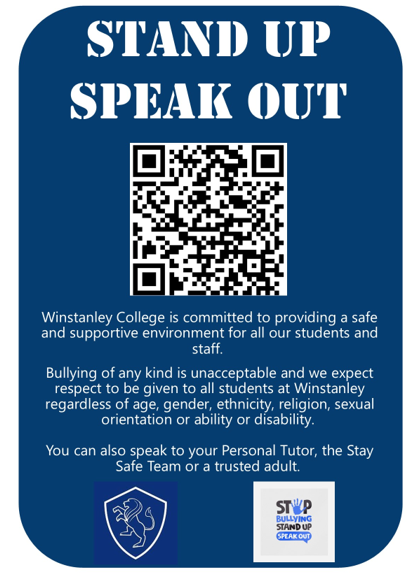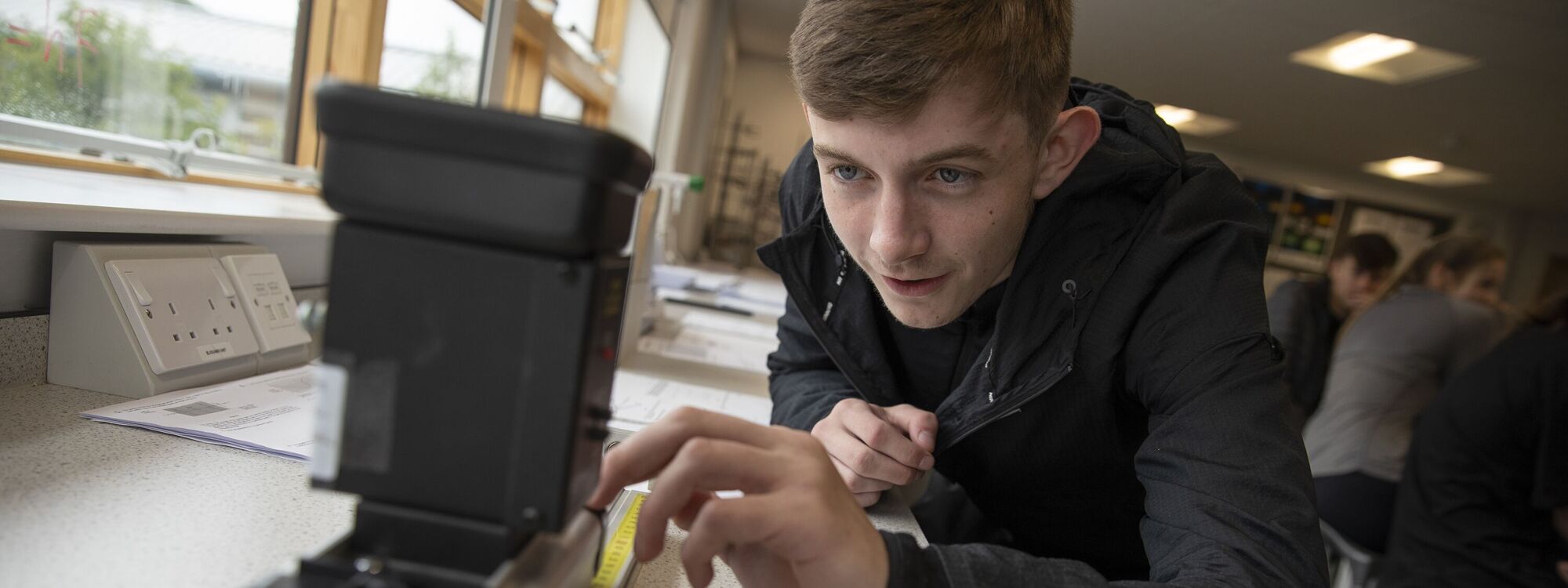- Home
- Student Support
- Staying Safe
Staying Safe
If you have any concerns please email the stay safe team.

Crime and Safety
Be extra careful with money
Check a cash machine for signs of interference before using it. Never accept a stranger’s help when using a cash machine, and be aware of people crowding around you. If you can, draw out money in the day. Never let your bank or credit cards out of sight in shops and restaurants to prevent cloning.
On Holiday
Online
Keep personal details safe
Don’t leave yourself vulnerable to identity theft or be casual with your personal details. Keep a safe record of info e.g. driving license, passport details. Be suspicious of calls or messages that ask for any personal information, passwords, PIN numbers of account details. Do not give out such information. Destroy papers carrying bank details, keep your receipts when necessary and destroy them, and destroy old cards by cutting through the chip and magnetic strip. If you lose your card, contact your bank straight away.
When you move house or flat, inform all the organisations you deal with of your new address and arrange for the post office to forward on your mail. You don't want a bank statement, new credit card or any other personal mail to be sent to an address you no longer live at, where anyone could take and open your post.
Install security software on laptop
Don’t be naive and assume you would never get hacked. Install security software on your laptop (and desktop computer) and always carry it hidden inside a sports bag rather than in its own obvious case.
Shopping Online
check the website shows a padlock or unbroken key icon. A website with ‘https:’ means it is secure, but if you don't see the final 's' when you come to checkout, stop the transaction immediately. The VeriSignTrust seal means that the website company's identity has been verified and that the website has passed a daily malware scan.
Are you worried about online sexual abuse or the way someone has been communicating with you online?
Child Exploitation and Online Protection Command
https://smoothwall.com/adolescence
Online Sexual Harassment
Talking to your child about online sexual harassment: A guide for parents
Sex and Relationships
Travel and Lifestyle
It is highly unlikely that you, or a member of your family, will be a victim of crime. However, do not be complacent. By taking a few simple precautions, you can reduce the risk of being targeted by criminals.
Friends who play together, stay together
When you’re on a night out, it’s always best to stay in a group. Not only is it cheaper to jump in a taxi if you’re splitting it four ways, but there is safety in numbers and no one wants to be left by themselves!
If you decide to walk, stick to main roads and avoid poorly lit areas and shortcuts.
Have precautions in place when going out – especially if alone
Know how you will get home, and plan ahead if you’re going somewhere you don’t know. Let someone know where you’re going and when you expect to be back. If you have to walk alone in the dark, try to avoid badly lit areas, parks, alleyways and underpasses. When alone on public transport, sit near the driver on a bus, and in an occupied carriage on a train or the underground. Avoid using your phone in isolated places, as it can distract you from your surroundings. Carrying a personal alarm with you is a good idea – many men see these as female accessories, but figures show that male students stand a much higher risk of being attacked in the street.















